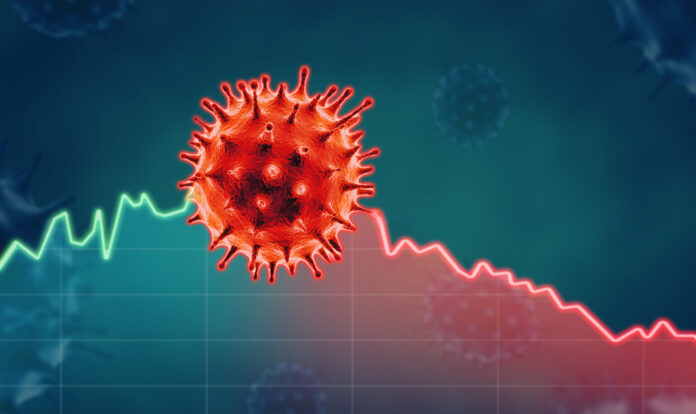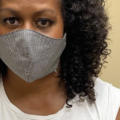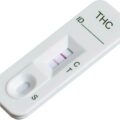The Delta variant is a newer strain of COVID-19 spreading across the world. The Delta variant, which originated in India, has fueled a surge in coronavirus cases globally and the number of associated cases is expected to rise according to health officials.
As of August 4, 2021, the outbreak of the coronavirus disease (COVID-19) had spread to six continents, and almost 4.3 million people had died after contracting the respiratory virus. Around 128 thousand of these deaths occurred in Italy.
Here is what you should know about the Delta variant:
- Delta variant is highly contagious
According to the CDC, at a point, the Delta variant accounted for more than 80% of new cases in the U.S. Health experts say it’s typical for a new strain of a virus to be more contagious because it often becomes much more efficient and easily transmitted.
- Delta variant symptoms are the same
The symptoms of the Delta variant appear to be the same as the original version of COVID-19. However, physicians are seeing people getting sicker quicker, especially younger people. Recent research found that the Delta variant grows more rapidly and to much greater levels in the respiratory tract.
Typically, vaccinated people are either asymptomatic or have very mild symptoms if they contract the Delta variant. Their symptoms are more like those of a common cold, such as cough, fever, or headache, with the addition of a significant loss of smell.
- Delta variant is affecting unvaccinated people more
Most patients hospitalized are people who have not received the COVID-19 vaccine. Nationally, 97% of patients hospitalized with COVID-19 are unvaccinated. Vaccines are highly effective at preventing COVID-19 infection and are also effective in fighting against the Delta variant.
- Breakthrough cases for vaccinated people are rare but do happen
When a vaccinated person tests positive for COVID-19, most either have no symptoms or have very mild symptoms, and it rarely results in hospitalization or death. Their symptoms are more like those of a common cold, such as cough, fever, or headache, with the addition of a significant loss of smell.
- Delta variant could be catastrophic in some communities
In communities with lower vaccination rates, particularly rural areas with limited access to care, the Delta variant could be even more damaging. This is already being seen around the world in poorer countries where the COVID-19 vaccine isn’t as accessible. Health experts say the impact could be felt for decades to come.
- Many unvaccinated patients with COVID-19 wish they had gotten the vaccine
Physicians have noted that a number of younger patients when they come in with critical illness, say that they wish they would have gotten the COVID-19 vaccine. Many patients have told their physicians, “Why did I not get the vaccine?” or “Why did I not listen?”
- Some experts are recommending wearing masks, even if you’re fully vaccinated
Many health experts across the country are wearing masks themselves even though they’re fully vaccinated against COVID-19. They’re also advising vaccinated people to avoid large gatherings and mask up indoors where the vaccination status of other people is unknown.
- More COVID-19 variants are likely to come
The Delta variant is currently the most prominent strain of COVID-19, but the Lambda variant out of South America is also emerging. Health experts urge that if people want to get back to normal, a significant portion of the population needs to be vaccinated. As long as a chunk of people across the world are unvaccinated, new strains of the virus will continue to develop and cause problems.
The CDC has labeled Delta “a variant of concern,” using a designation also given to the Alpha strain that first appeared in Great Britain, the Beta strain that first surfaced in South Africa, and the Gamma strain identified in Brazil. (The new naming conventions for the variants were established by the WHO as an alternative to numerical names.)






